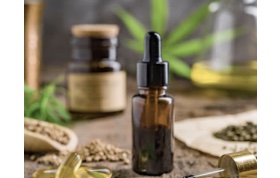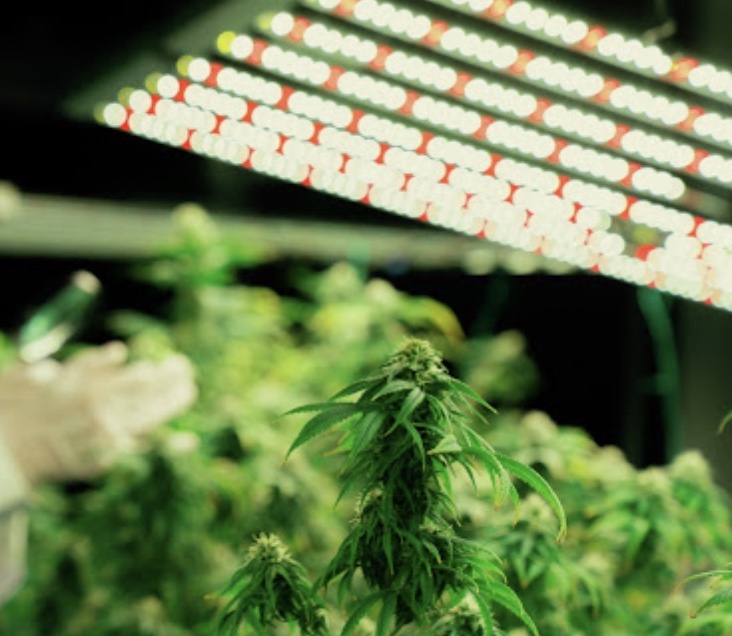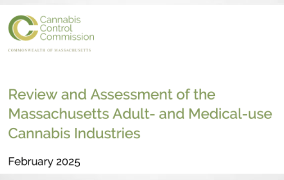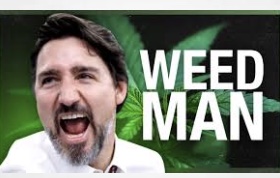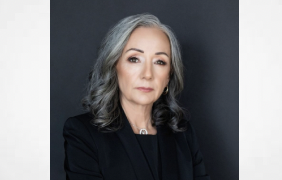Cannabidiol (CBD) is a plant derivative that has received much attention in the health and wellness industry. Many have attested to its effectiveness in easing various conditions. At the same time, it’s still a subject of research and debates whether it can alleviate pain, anxiety, and more.
Nevertheless, there are various CBD and tetrahydrocannabinol (THC) products in the market. If you’re wondering if you can try CBD and THC in your location, here are facts you must understand first.
- Cannabidiol (CBD) VS Tetrahydrocannabinol (THC)
Identifying the origins of CBD and THC is relevant to understand the differences and legalities of each. About 60% of Americans consider marijuana and hemp the same, which is why they find the law confusing.
CBD and THC have psychoactive compounds, although not in the same amount. Taking CBD doesn’t give you the feeling of being “high” as it is from hemp. There are already 23 states approved of the legalization of marijuana for recreational purposes. These include Connecticut, Rhode Island, Arizona, Nevada, and Vermont.
Cannabis sativa is a plant species that includes both hemp and cannabis or marijuana. Both plants contain CBD and tetrahydrocannabinol THC. However, the quantities might differ. Hemp has more CBD than THC, and cannabis contains more THC than CBD. You can consume CBD in edibles from products like Delta 9 candy, brownies, and drinks in the United States.
At the same time, some people take CBD products such as oils and tinctures for pain relief and to reduce mental health disorder symptoms. THC also has potential uses in treating glaucoma, insomnia, and low appetite.
- CBD And THC Legality
Using the whole plant of Cannabis sativa or its derivatives is illegal under US federal law. But since hemp has more CBD and less THC (under 0.3%), it is allowed under federal law. The low THC concentration must be present to consider the plant as hemp. Congress also coined the term industrial hemp to shift federal cannabis laws to the economic side rather than for its recreational usage.
CBD is legal in 17 states, including New York, Washington, California, Oregon, Illinois, and Colorado. CBD can only be permitted in a state if federal and state laws allow it. States also have the final say if they allow cannabis-based products within state lines.
Still, some states allow THC for medical purposes. But people may not be aware that federal law regulating marijuana can take over state laws. It leads to arrests and charges of illegal possession at locations where they are illegal.
- The Farm Bill
Some may find the Farm Bill confusing and believe that all CBD and derivatives of the hemp plant become legal under this legislation. But in reality, not all cannabis is permitted by federal law. Only those derived from hemp, like CBD, are legal.
Some states made marijuana legal, which confused people. The federal government identifies that marijuana and hemp are different plants belonging to the Cannabis sativa family.
The 2018 Farm Bill legalized hemp or CBD-based products by removing them from Schedule 1 status. The status is given to all controlled drugs under the Controlled Substances Act. It’s the highest level of control for substances with no safe medical use that’s likely to be misused or abused.
Still, the Farm Bill doesn’t grant blanket legalization for all CBD products. As of January 2023, farmers can grow CBD with or without THC. In states where CBD holds full legal status, it’s illegal for CBD oil to contain THC.
- Marijuana Receiving Support For Legalization
Federal law considers marijuana, the plant that contains THC and its high psychoactive effects, a Schedule I narcotic and is illegal in some states. But both sides of the aisle have agreed to the legalization of marijuana. State legislatures still battle between legalizing cannabis to decriminalizing the drug federally, which was formally introduced to Congress.
One reason for decriminalization is that it reduces marijuana-related arrests. In addition, advocates see economic benefits such as increasing tax revenues and creating more jobs and income through setting up dispensaries.
Currently, there are also provisions regarding how much marijuana adults can possess legally. In Colorado, for example, adults at least 21 years old are allowed to have an ounce of marijuana.
They can also grow up to 12 plants at home, regardless of the number of people living under one roof. However, public use of the drug is illegal. The dispensaries must pay an additional 10% marijuana sales tax for selling these products.
CBD products are being received with open arms, which are now legal in some states. Marijuana containing THC is also gradually being seen in a new light since its decriminalization benefits users and their communities.
Takeaway
The legality of CBD and THC in states relies on the agreement of federal and state laws. While hemp-derived CBD products are deemed legal, THC from marijuana is still illegal due to its psychoactive effects that are susceptible to abuse. But through various studies and research, many are seeing what marijuana can also offer medically.
State governments are now gradually considering its legalization to minimize arrests and for communities to share its economic benefits. Only time can tell if states will change or remain with their stances regarding CBD and THC use.
